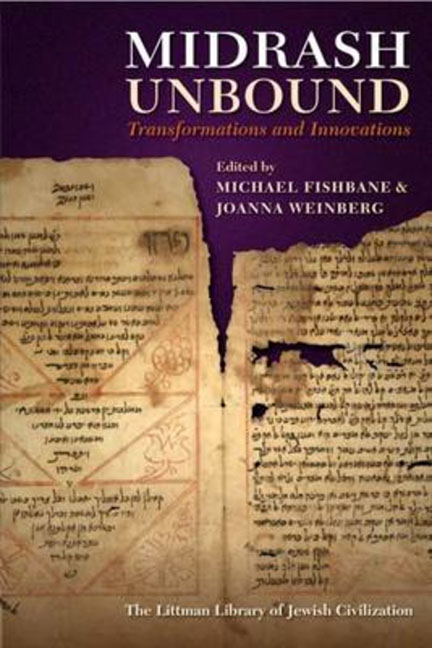5 - Midrash in Syriac
Summary
THE PERIOD OF Middle Aramaic (c.300 BCE–300 CE) gave birth to three literary dialects of Aramaic: Jewish Aramaic, Syriac (the local dialect of Edessa), and Mandaic. Of these Syriac was to provide by far the largest literature, and to prove to be the longest-lived in active use (it still remains productive today). As far as the exegesis of Scripture is concerned, two periods are of primary importance for their productivity, the first covering from the fourth to the seventh centuries, and the second from the seventh to the thirteenth centuries. During the course of the first of these periods one can witness a progressive Hellenization of Syriac literary culture in general that extends to virtually all areas of literary productivity. Whereas earlier writers, of the fourth and fifth centuries, though by no means untouched by the Greek culture of their day, still retain an independence of their own, and write more in the style of the authors of the Hebrew Bible than in that of Greek models, their successors from the late fifth century onwards increasingly took over Greek literary models and literary style, so great was the prestige of Greek culture at the time. Thus ironically, just at the time when the Arab invasions cut Syriac Christianity off from the Greek world, philohellenism was reaching the height of its influence on Syriac authors. This meant that, by the beginning of the second period, the Syriac exegetical tradition had already become profoundly Hellenized; it could be said that in many ways it was only in the matter of language that it differed from the contemporary approach to exegesis in the Greek-speaking Christian tradition.
Given this situation, if one is looking to discover Midrash outside Judaism, an obvious place to start one's search would be the earlier Syriac literature, especially among writers of the fourth and fifth centuries, since many Jewish exegetical traditions are to be found here alone among early Christian writings. First, however, a word needs to be said about the actual biblical text available to early Syriac Christianity. It is now clear, thanks largely to the work of Michael Weitzman, that the Syriac translation of the Hebrew Bible was made directly from Hebrew, and that this was done over the course of the second century CE, with different translators working on different books, not all at the same time.
- Type
- Chapter
- Information
- Midrash UnboundTransformations and Innovations, pp. 83 - 96Publisher: Liverpool University PressPrint publication year: 2013

